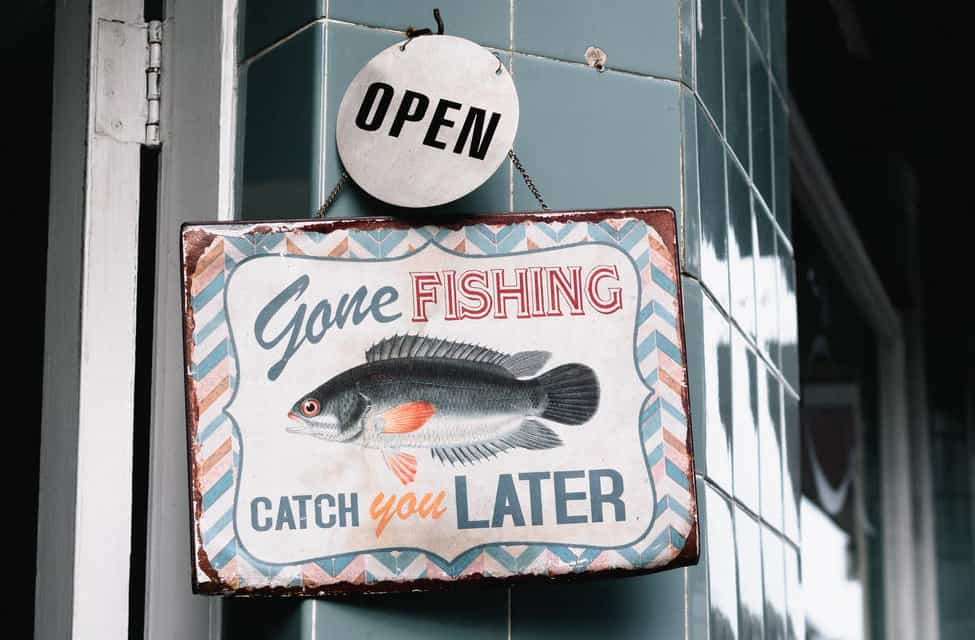Many Ontarians feeling added stress due to Province loosening certain restrictions
Published May 27, 2020 at 10:34 pm

As certain cities across the province have begun to loosen certain restrictions, many people are feeling confusion and stress as a result.
A study from Decision Partners, a management consulting firm, found that the Province’s initial instructions—stay at home unless absolutely necessary; avoid person-to-person contact as much as possible; and practice proper hygiene, including frequent handwashing, were fairly clear and easy to understand and follow.
However, as more municipalities and regions across the province are beginning to loosen restrictions to varying degrees with differing guidelines, people are feeling added stress and confusion.
“We’re hearing that people are struggling to make personal risk-benefit assessments about what is and isn’t acceptable to them,” Sarah Thorne, president and CEO of Decision Partners, said in a news release.
“They want to stay safe, they sure don’t want another pandemic wave and they want clear guidance. They also want to understand the rationale, why some things are opening up now, while the virus is still present,” she continued.
With the pandemic now approaching three months, people are still feeling the stress and frustration with the uncertainty regarding when it will end.
However, now that the Province has begun removing certain restrictions and allowing some businesses to reopen, people are feeling added stress related to what they should or shouldn’t be doing, and how best to keep themselves and their loved ones safe.
“More acquaintances are expressing their confusion as to the current rules in general, such as distancing; what is opening and how; and the reliability of published stats,” one respondent said in the same release.
Additionally, most people feel caution is key when it comes to reopening certain businesses—71 per cent of people feel the restrictions in their area are appropriate, and they believe reopening businesses must be done slowly and carefully.
Further, 18 per cent of people believe restrictions are already too loose, and they would like to see more caution from leaders.
Moreover, many people want assurance that leaders are making these decisions to loosen restrictions based on science rather than politics.
“Don’t waste my time with talk. Listen to science. Make policy based on that,” another respondent said.
As well, 85 to 90 per cent of Canadians felt that contact tracing was very important for them to feel comfortable returning to activities they’ve been avoiding.
However, while many people believe contact tracing is important, they also have concerns about their data and privacy.
The only option the majority of respondents agreed they felt comfortable with and would likely use, was a decentralized tracing app that stored data on user’s phones.
insauga's Editorial Standards and Policies advertising





